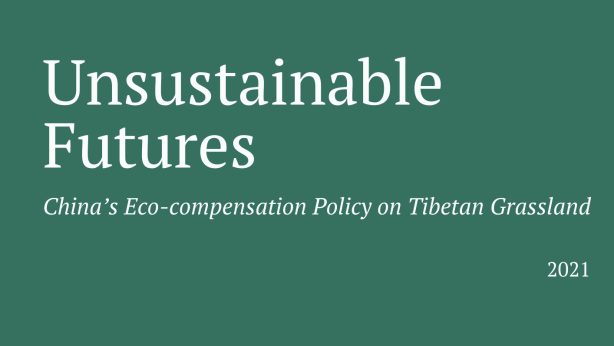Resettlement is Displacement: A right-based perspective on the internally displaced in Tibet
The Tibetan people have been facing severe human rights violations at the hands of the Chinese government for over half a century. The Chinese government is now implementing policies that are displacing the Tibetan population: however they are not recognised internationally as Internally Displaced Persons (IDPs). This report utilises the UN Guidelines on Displacement as a methodology to analyse data gathered on the resettlement process. Evidence shows that the resettlement policies are not planned or implemented in accordance with the Guidelines. As a result, displaced Tibetan people are no longer able to sustain their nomadic lifestyle. Alternative livelihood opportunities for the Tibetan people remains sparse; they are facing economic difficulties, as well as social and cultural erosion. Those who have been, or are at risk of being affected by the resettlement policies in Tibet should be recognised as displaced and the guidelines applied to their situation.
Since the 1950s, the government of the People’s Republic of China (PRC) has enforced a number of policies in order to modernize rural Tibetan society. The Chinese government has unilaterally imposed on Tibetans an urbanized, secular and monetized society. Consequently, Tibetans have been forced to leave their homes, abandon their traditional sources of livelihood and become sedentary populations.
The Chinese government maintains that the implementation of its policies improves living conditions for Tibetans, eases access to government social services, alleviates poverty, protects the Tibetan ecosystem and that all resettlement is voluntary. In reality, Tibetans find themselves forcibly displaced, vulnerable and exposed to discrimination and repression. Through the continued pursuit of China’s misguided development policies such as the ‘Western Development Strategy’ (WDS), Tibetans are prevented from enjoying their Civil, Political, Economic, Social and Cultural rights. This has resulted in prolonged unrest and hardship for the Tibetan people. As a response to the denial of self-determination and human rights, there have been increased acts of self-immolations among the Tibetan people, a form of socio-political protest against religious and cultural repression. The Chinese government has responded by tightening policies to monitor and control the Tibetan population, further hindering their ability to access and realise their human rights.
This report is a study of the Internally Displaced Persons of the Tibetan Plateau. Using the UN Guidelines on Development-based Evictions and Displacement, this report shows that Tibetans are forcibly displaced due to economic injustice, social marginalization, and human rights violations. The report disputes the official Chinese contention that its development and conservation efforts are in the public interest” (gon gongliyi) and that they are beneficial to the economy and the environment.
Read the full report here


